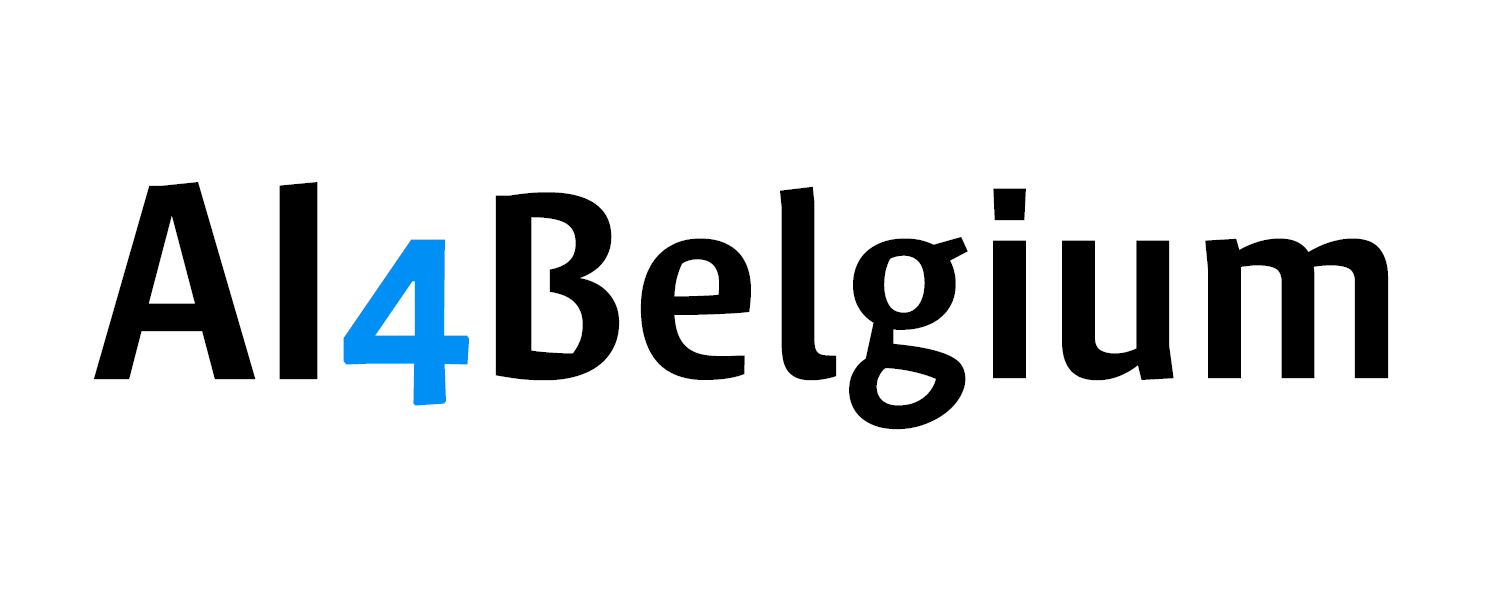AI-enabling Smart Wound carE Electronics Patches
AI-SWEEP-2 aims at developing the use of artificial intelligence (AI) in wound care. Chronic wounds (e.g., pressure ulcers/injuries, venous leg ulcers, and diabetic foot ulcers) are wounds that do not heal in a timely and proper manner to restore anatomic and functional integrity after 4 to 8 weeks, often due to an arrest of the inflammatory phase of healing. Chronic wounds can lead to prolonged hospital stays and additional treatments, often affect health-related quality of life, and are associated with a risk of fatal infections and high mortality. Although considerable progress has been made in the development of wound treatments, very little progress has been made in making wound diagnosis more objective (and therefore less subjective). The prevalence of chronic wounds is estimated at between 1 and 2% in high-income countries and is expected to rise due to the increase in obesity, diabetes mellitus and auto-immune diseases. The care of patients with chronic wounds is associated with a high level of cost. It has been reported that in high-income countries, the cost of chronic wound care is between 2% and 4% of the total health care budget.
Therefore the smart manufacturing of flexible or even stretchable digital bandages or e-patches is pursued in this project, with embedded microsensors of relevance for early diagnosis of healing biomarkers and closure timing, combined with advanced ultra-low power micro-electronics enabling real-time data acquisition, communication, and processing, in order to provide all essential information to smart AI-algorithms and as such to enable future telemedicine-based patient follow-up. Dedicated AI algorithms combined with the smart bandage for optimal AI-input generation, would provide an efficient, minimally invasive, and patient-friendly system to improve the wound healing processes.
AI-SWEEP-2 is a BOSA AI4Belgium project and collaboration between UGent, ULB, UCLouvin, and UZGent.
Our team is responsible for the design of the AI/ML algorithms.


